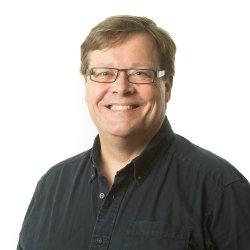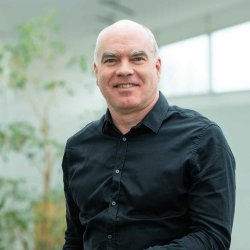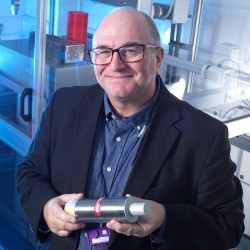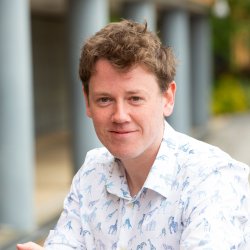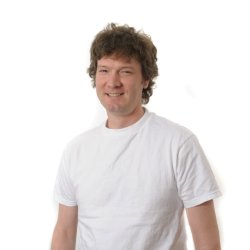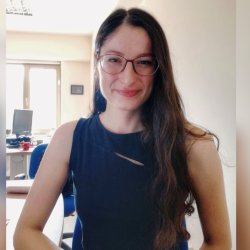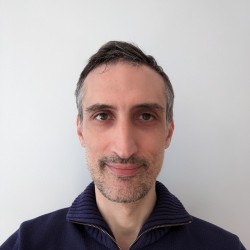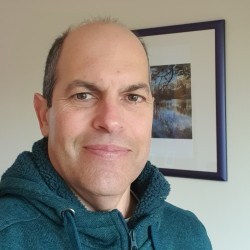"Beam me up," UK funder tells Surrey scientists
Nuclear physicists at the University of Surrey will 'tour' some of the world's best scientific facilities, using them to unlock the secrets of the Universe thanks to a £3.1M grant from the Science and Technology Facilities Council.
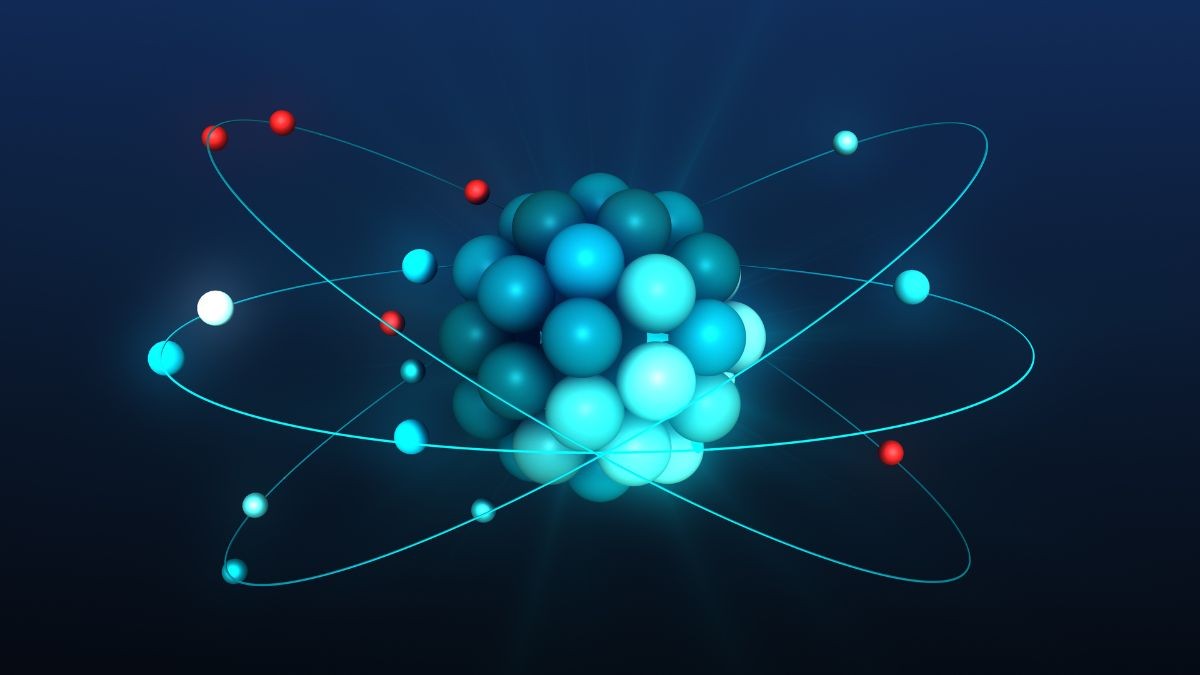
Professor Wilton Catford, Principal Investigator from the University of Surrey, said:
"What happens in the nucleus of an atom holds the answer to many questions, from how we can cure cancer to how the elements in the Universe were formed. We'll be using the most advanced, billion-dollar facilities available globally to find out more."
Scientists who want to carry out the most cutting-edge experimental research must compete with scientists around the world for the very limited slots at these specialist facilities. Surrey's researchers have won precious beam time to investigate nuclear structures at the world's leading laboratories.
Part of the team is working to better understand the properties of the most unstable nuclei – the positively charged central core of an atom. For this, they will travel to the Radioactive Isotope Beam Factory at RIKEN, Japan, and the Facility for Antiproton and Ion Research in Europe (FAIR) in Germany. Their data will also improve theoretical models and identify ways to use this knowledge, for example, in cancer treatments.
Surrey's nuclear astrophysics team will investigate the origins of the chemical elements using the Facility for Rare Isotope Beams (FRIB) in Michigan, USA, and at Canada's particle accelerator centre, TRIUMF. They study the nuclear reactions that occur in explosive astrophysical environments. Completing the three-pronged approach, Surrey's team of theoretical nuclear physicists will work to extend the reach of their theories to describe these extreme situations.
Professor Catford said:
"Our research explores how different elements came about, including the many created when neutron stars collide. It's no mean feat trying to recreate such conditions!
"We'll be recruiting a cohort of postgraduate researchers to support this work. We're particularly proud of the way we can combine, within one research group, both experimental and theoretical research at the cutting edge. It's hugely exciting scientifically and will provide fantastic international connections and collaboration opportunities."
Featured Academics
Media Contacts
External Communications and PR team
Phone: +44 (0)1483 684380 / 688914 / 684378
Email: mediarelations@surrey.ac.uk
Out of hours: +44 (0)7773 479911
